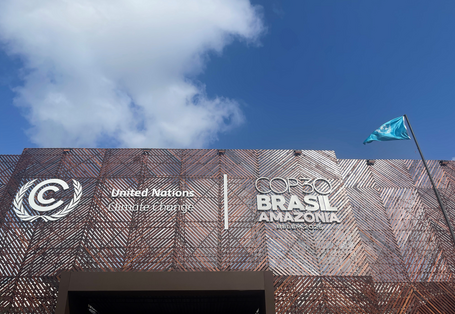UBA study recommends eco-design requirements for textiles

For the first time, binding requirements for the sustainability of textiles are planned for the European market. The basis for this is the Ecodesign for Sustainable Products Regulation, which came into force in 2024. A study of the German Environment Agency (UBA) has identified five possible product aspects for which requirements could be made and about which consumers should be informed.









